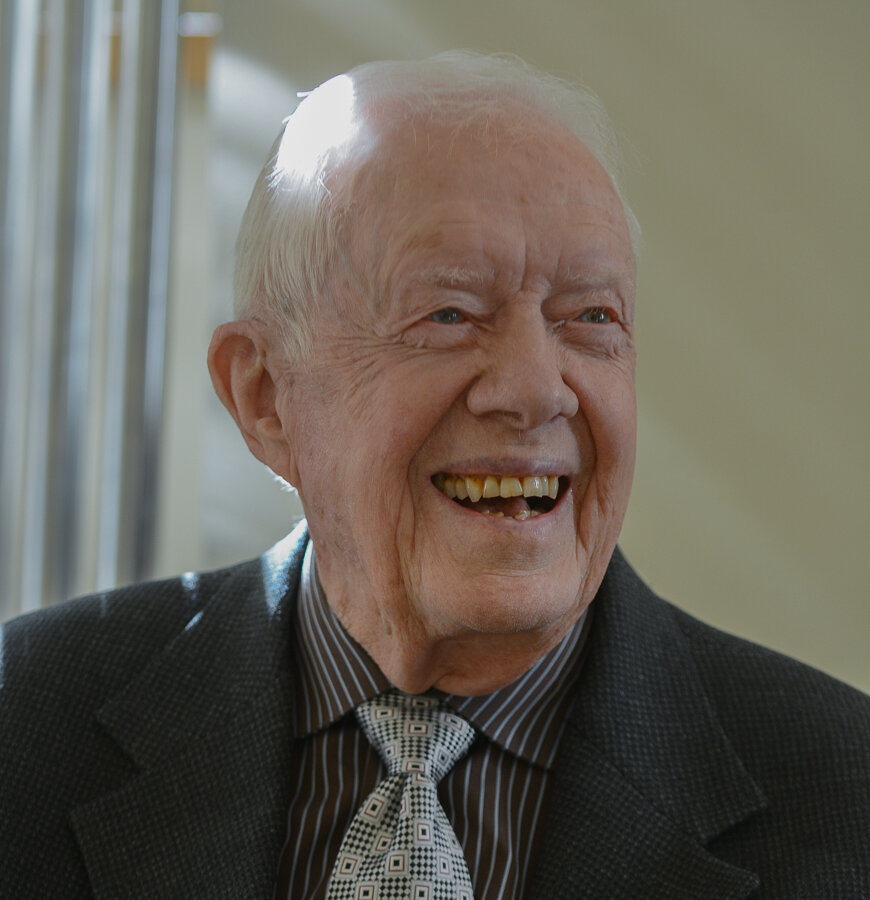Tomorrow is World Gratitude Day, and I thought I'd share my favorite story about the power of gratitude.
In 2015, doctors told former President Jimmy Carter that they’d found metastatic melanoma on his brain. The prognosis was not good. Most patients with this type of cancer lived for only a few years after diagnosis.
At a press conference soon after receiving this news, the Washington Post described Carter as “so completely, boyishly happy that you could almost forget he’d also announced he has cancer in his brain.”
Carter told members of the press that he’d “had a wonderful life, thousands of friends, an exciting and adventurous and gratifying existence.” With a bright, happy smile, Carter described “A multiple infusion of gratitude” toward those who have gotten in touch since his cancer news first broke.
Now, five years later, Carter is cancer-free. While new immunotherapy drugs were critical for Carter's survival, living a life filled with gratitude was his superpower.
“The practice of gratitude can have dramatic and lasting effects in a person’s life,” says Robert A. Emmons, professor of psychology at UC Davis and a leading scientific expert on the science of gratitude. According to Emmons, gratitude “can lower blood pressure, improve immune function, and facilitate more efficient sleep. Gratitude reduces lifetime risk for depression, anxiety, and substance abuse disorders, and is a key resiliency factor in the prevention of suicide.”
In Emmon’s book Thanks!, he describes his discovery that people who express gratitude can cope more effectively with everyday stress. They show increased resilience in the face of trauma and recover more quickly from illness.
Thankfulness does not come naturally. It is a practice that must be cultivated and encouraged. Carter's Baptist faith inspired him to incorporate gratitude into his daily life. Most major religions promote gratitude, and prayer is an excellent way to practice thankfulness.
You don't need to be religious, however, to develop a daily practice of giving thanks. Writing thank-you notes, keeping a gratitude journal, and meditating are just a few ways you can routinely practice gratitude. Hopefully, Jimmy Carter's story will inspire you to live a life filled with gratitude.
What do you do to incorporate gratitude into your daily life?
___________________________
To learn more about how you and your team can thrive in adversity, check out my online Resilience Leadership course.
